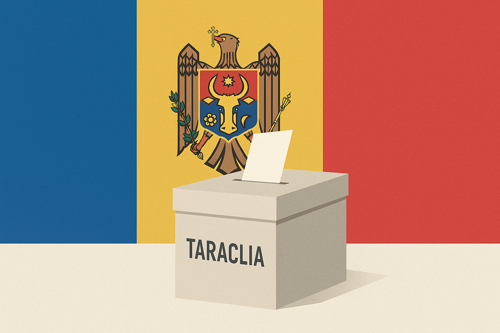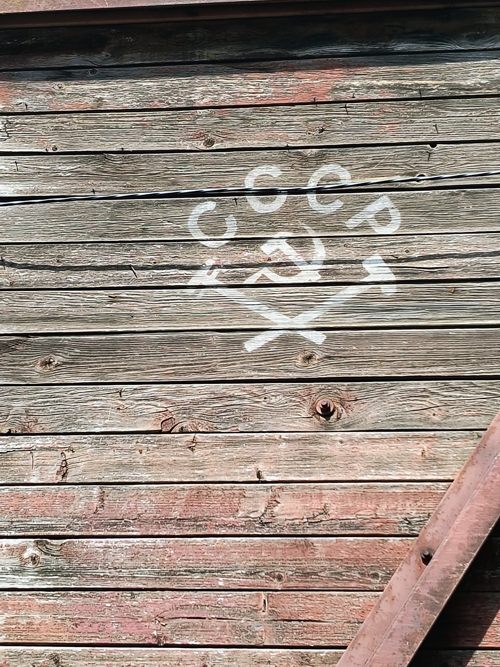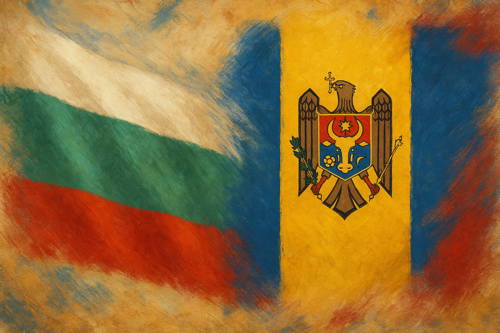
Published on: 09.10.2025 | Author: Dr. Dimitar Keranov, MRSSAf
Minority Politics in Moldova: Taraclia’s Vote
PAS secured a national majority to keep EU-accession reforms moving, but Taraclia—home to Moldova’s Bulgarian minority—again voted heavily for the pro-Russia Patriotic Bloc. The district’s Russian-language information space shapes these preferences, while Bulgaria’s education and cultural links offer the most practical channel for gradual EU-oriented engagement.
Moldova’s September 28, 2025 election produced a split screen. Nationally, the pro-European Party of Action and Solidarity (PAS) kept a single-party majority—55 of 101 seats with just over half the vote—removing coalition uncertainty and allowing the government to continue work on EU-accession laws and institutional reform. Locally, however, Taraclia—the core district of Moldova’s roughly 2% Bulgarian minority—again voted overwhelmingly against PAS, backing the pro-Russian Patriotic Bloc.
This outcome is unsurprising. Russian is de facto the default public language in Taraclia, most media consumption is in Russian, and the local agenda is defined more by jobs, services, and identity reassurance than by what many see as abstract arguments over EU alignment. In that information space, familiar, Kremlin narratives have circulated across multiple campaigns: that EU accession would bring war risks, uncontrolled migration, cultural imposition, and a loss of sovereignty.
In Taraclia, the Patriotic Bloc took about 79.5% while PAS won roughly 6%. Among Moldovan voters in Bulgaria, the Patriotic Bloc also narrowly edged PAS (≈40.5% vs 39.4%), a pattern consistent with the Russian-language information space in Taraclia and Bulgaria’s exposure to Russian disinformation.
With a majority of its own, PAS can pass accession-relevant legislation quickly. A parliamentary majority, however, does not guarantee implementation capacity in ministries and local offices, or legitimacy in districts that did not support the ruling party. Those constraints help explain why national indicators can improve while the electoral map remains polarized.
Bulgaria is relevant to what happens next. Taraclia’s ties to Bulgaria are practical and routine: families use education links, scholarships, and citizenship pathways; cultural institutions operate locally; and in 2025 the former local university formally reopened as a branch of the University of Ruse, creating a durable channel for study programs and exchanges that residents recognize. As analyzed by the author in an article for the German Marshall Fund of the United States, Bulgaria’s diaspora engagement in Taraclia offers a way to connect this minority region to the EU space through education and culture. This is not a substitute for national policy, but it is a workable vector in an otherwise challenging information environment.
Bulgaria can thus use cultural outreach and targeted aid in Taraclia to reduce Russian influence, reinforce Moldova’s EU path, and blunt Kremlin narratives—though attitude change will be gradual.
Recommendations
For Moldova’s government
- Run locally tailored communications in Taraclia (Bulgarian/Russian and Romanian).
- Broaden access to Romanian-language education in Taraclia while protecting Bulgarian cultural and linguistic rights.
For the EU
- Channel funds into visible Taraclia projects (water, roads, schools) with transparent, verifiable delivery.



